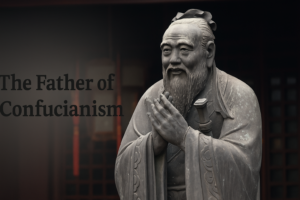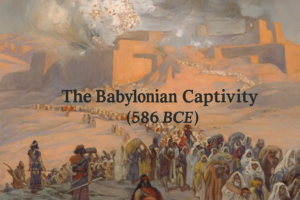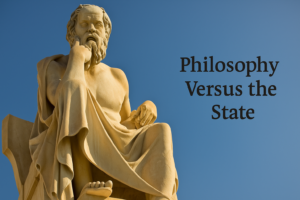The enduring enigma of what lies beyond our mortal existence has captivated humanity for centuries. Across the rich tapestry of global religions, diverse interpretations of the afterlife abound. In this article, we embark on a journey to unravel these beliefs, discerning both their commonalities and distinctions.
Christianity: A Promise of Eternal Redemption
Christianity, the world’s largest religion, proclaims that life after death hinges on faith in Jesus Christ. Rooted in the New Testament of the Bible, this faith asserts that those who embrace Jesus and accept his salvation shall find eternal residence in the Kingdom of God. For Christians, death serves as a transition to a more blissful life, liberated from earthly suffering.
Islam: The Last Judgment Beckons
In Islam, the belief in an afterlife holds paramount importance. Muslims anticipate a Last Judgment where souls will be adjudged based on their earthly deeds. The righteous shall ascend to heaven, while the wicked shall confront retribution in hell.
Sikhism: A Journey of Evolution and Union
Sikhism offers the concept of reincarnation as souls evolve toward spiritual ascension, guided by the teachings of their guru. The ultimate objective is union with God, culminating in the cessation of the reincarnation cycle.
Hinduism: The Eternal Cycle of Karma and Liberation
Hinduism, another faith rooted in reincarnation, suggests that the soul undergoes numerous earthly rebirths. Liberation, known as “moksha,” is the pinnacle of this journey, attainable through righteous living and the balanced scales of karma. The quality of one’s posthumous existence is contingent on their past actions.
Buddhism: A Stream of Consciousness Seeking Nirvana
Buddhism shares the notion of reincarnation with Hinduism but with a unique twist—the absence of an eternal soul. Instead, a perpetual stream of reincarnating consciousness persists. The ultimate goal is nirvana, the cessation of suffering, which terminates the cycle of rebirth.
Judaism: A Mosaic of Afterlife Beliefs
In Judaism, the concept of life after death is multifaceted, encompassing various interpretations. Some envision a resurrection of the dead, while others posit the existence of an eternal soul that reunites with God. These beliefs can diverge among different branches of Judaism.
Other Beliefs: A Tapestry of Diversity
Beyond these major world religions, myriad other beliefs shape humanity’s understanding of the afterlife. Indigenous cultures exhibit a kaleidoscope of beliefs, ranging from ancestral spirits to reincarnation. Ancient civilizations, like Egypt, wove intricate narratives of the afterlife, envisioning a profound journey into the unknown.
Similarities and Distinctions: The Essence of Afterlife Beliefs
While the world’s religions offer diverse perspectives on life after death, fundamental similarities endure. The notion of reward or punishment based on earthly conduct is a recurring theme. Life after death frequently symbolizes a spiritual continuum—an ascent to a loftier plane or descent to a lower state.
The disparities chiefly manifest in the description of this transition. Some religions emphasize the resurrection of the physical body, while others prioritize the liberation of the soul. Concepts like karma feature prominently in Eastern beliefs, whereas Abrahamic religions place a greater emphasis on faith in a singular God.
In summation, life after death remains an elusive mystery, a realm where faith and spirituality interlace to guide our comprehension. Each religion proffers a distinctive perspective on the enigmatic beyond, profoundly influencing how individuals navigate life and prepare for their posthumous voyage. The quest to decipher this eternal riddle, as old as humanity itself, endures as an enduring testament to the profundity of our shared spiritual journey.













